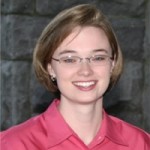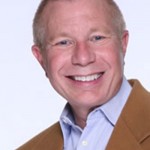I’m reading the book Open Source Church: Making Room for the Wisdom of All, and I keep arguing with the precepts it puts forth. After a time, I realized that I was really arguing with myself. The book’s premise is something I believe very strongly. I often have been on the losing side of a congregational decision, and, though I must confess to sulking for a day or two afterwards, I almost always have come to a place where I trusted the accumulated wisdom of the group. Although I still may have felt that the idea was a good one, I acknowledged that the time perhaps was not right, or that I needed to do a better job sharing information.
In Open Source Church, Landon Whitsitt argues that Wikipedia, the online encyclopedia that anyone can see and edit, might be the most instructive model available to help congregations develop leaders and structures that can meet the challenges presented by our changing world. Its success depends, he demonstrates, not on the views of select experts but on the collective wisdom of crowds.
As I argued with some of this, I realized that two things were happening. On the one hand, there are generational differences. As a baby-boomer, I loathe spending my time in meetings listening to people give their opinions when they might be completely uninformed by facts, or non-obvious complexities. It long has driven me crazy that people think realtors or hair dressers or manicurists need training and licensing, but leading the church is something everyone is qualified to do. I kept wanting to scream, “Pooled ignorance is not an asset!”
On the other hand, I know that the Spirit speaks to and through us all, and I want to be open when that happens through unexpected sources, as it often does. You and I may be those sources not just in leading the church, but in shaping the values at work and in other contexts. The United Church of Christ says, “God is still Speaking,” and that is true. I, however, am not convinced that we are listening. What a difference it would make in church and in every area of our lives if, before we spoke, we actually listened. If the Spirit is silent maybe we should be too, but if the Spirit is speaking then every one of us has something valuable to say.
By Michael Piazza
Co-Executive Director
Center for Progressive Renewal








